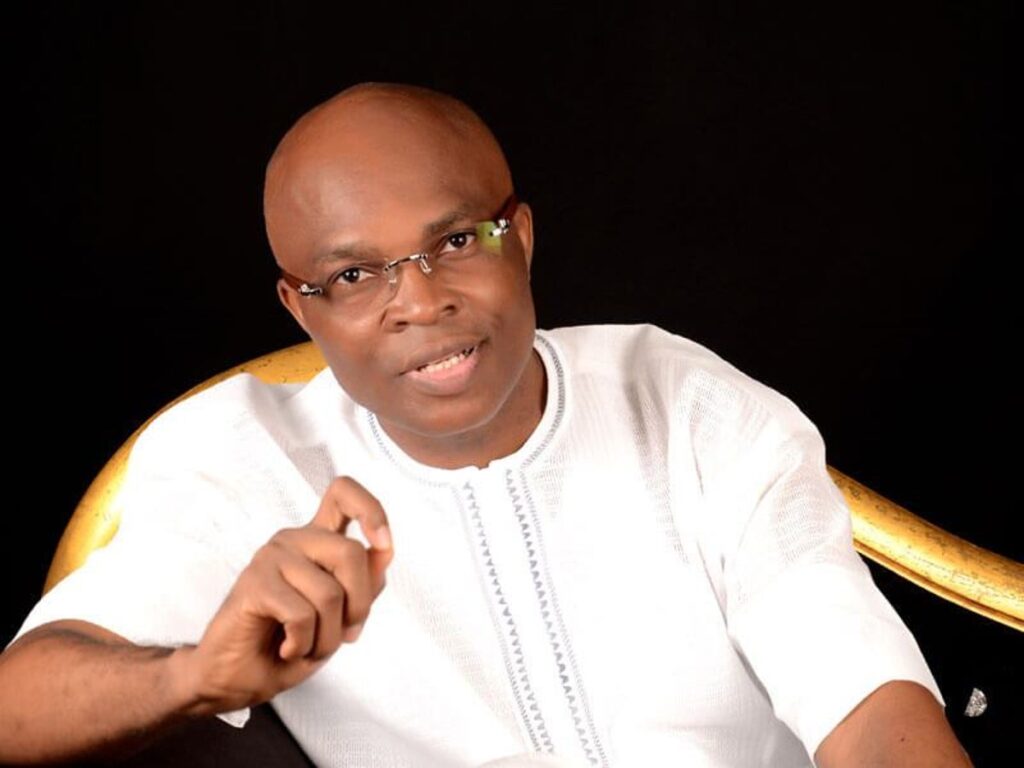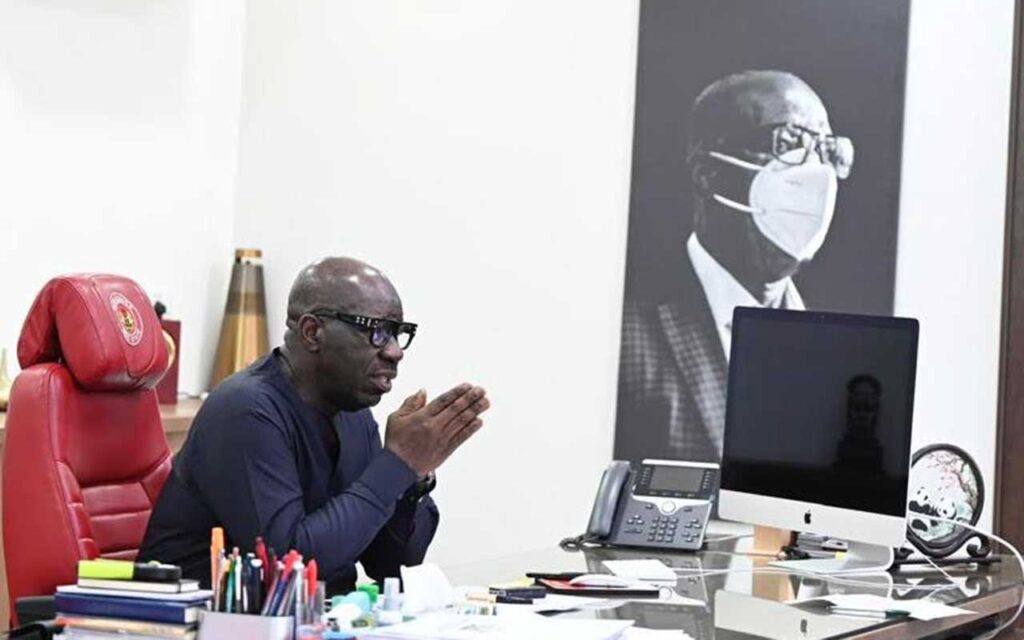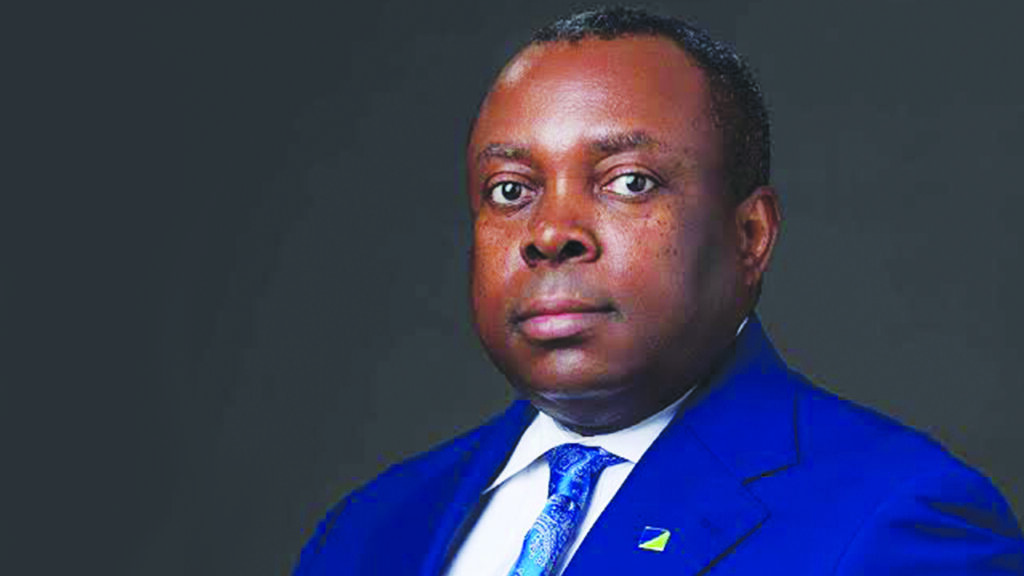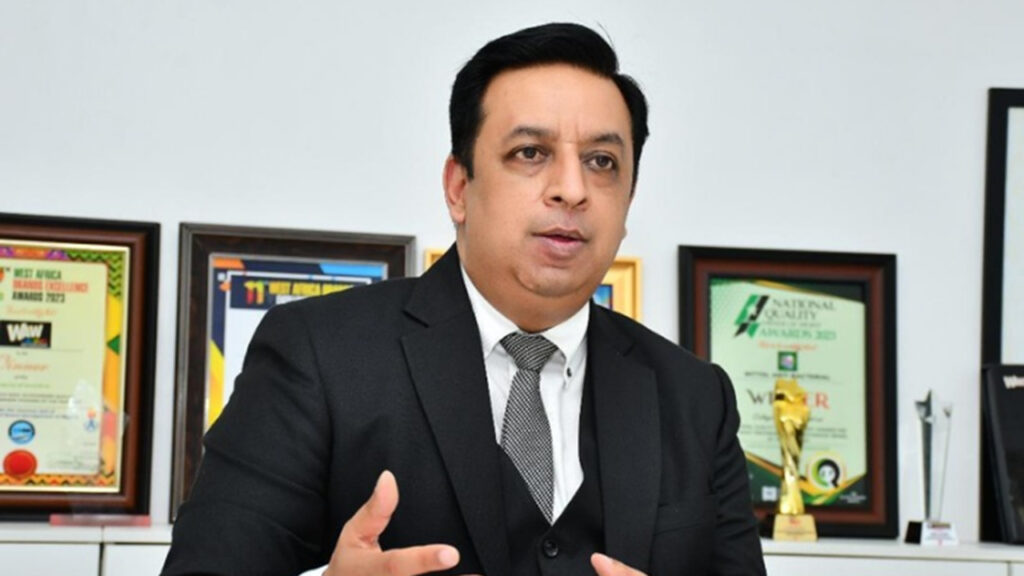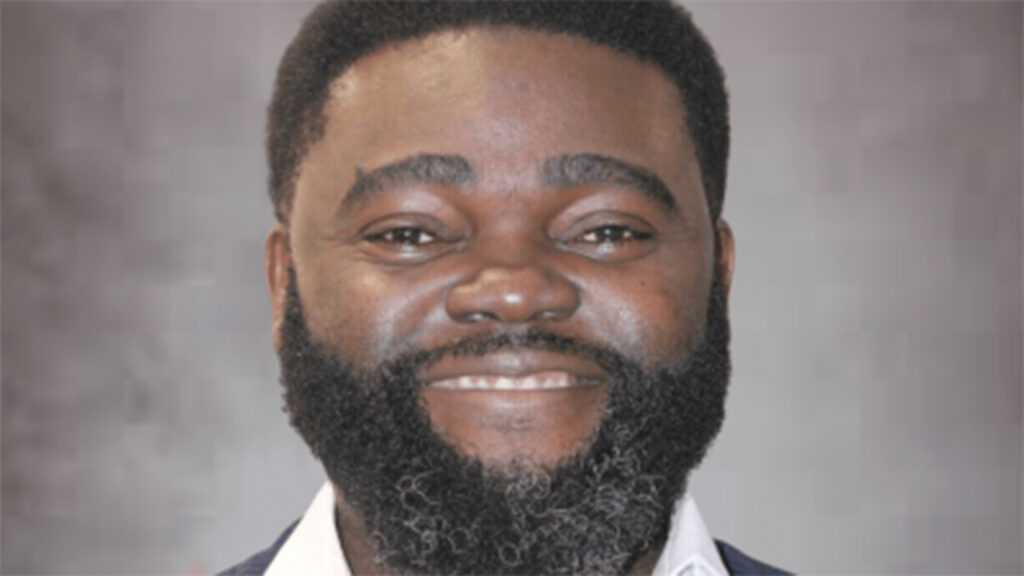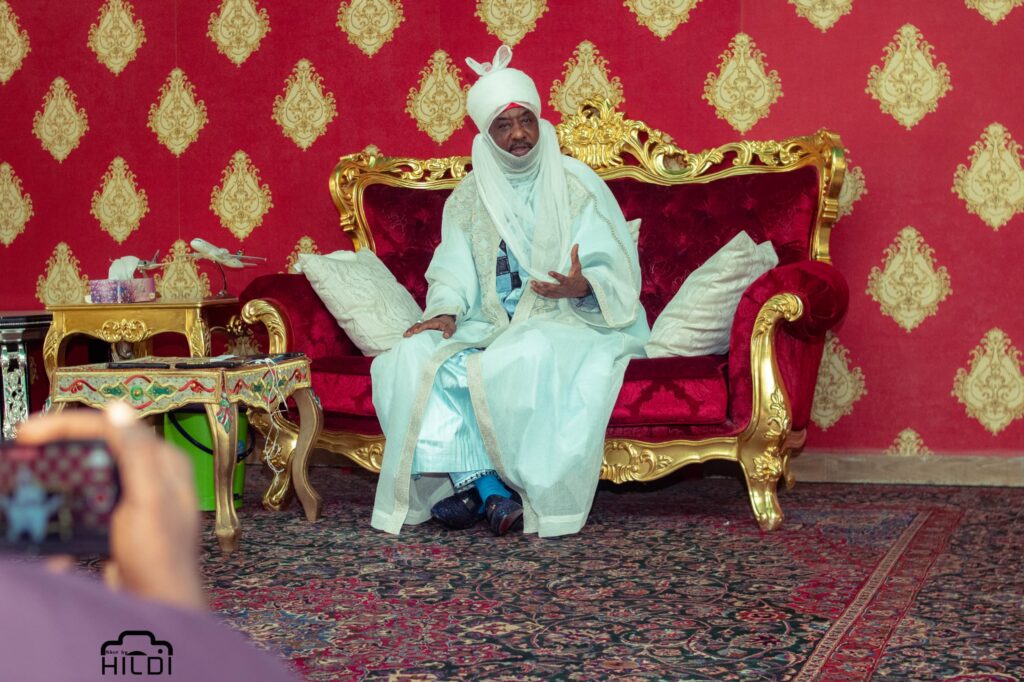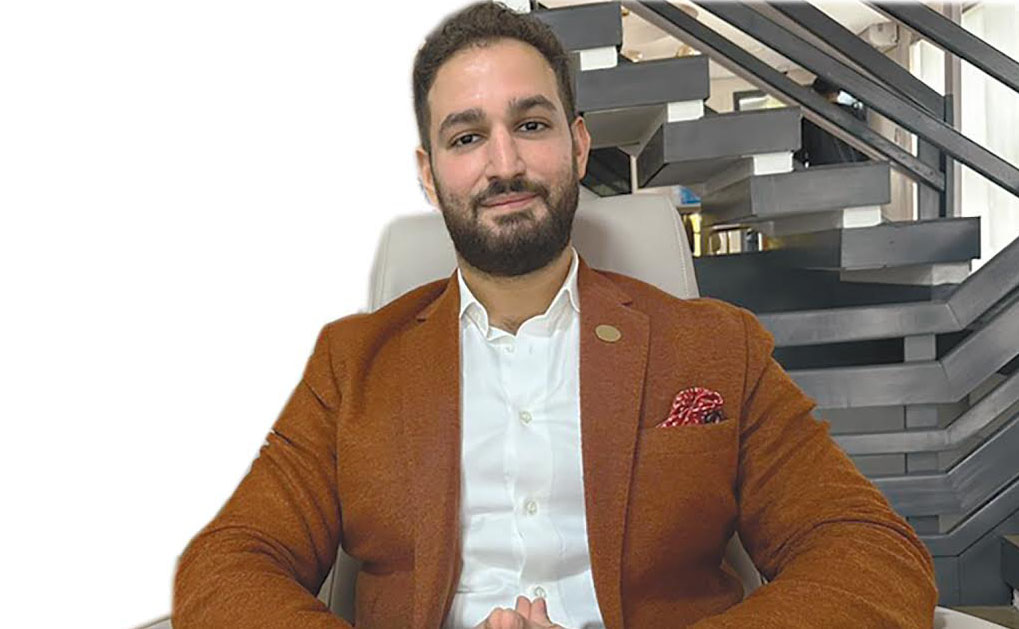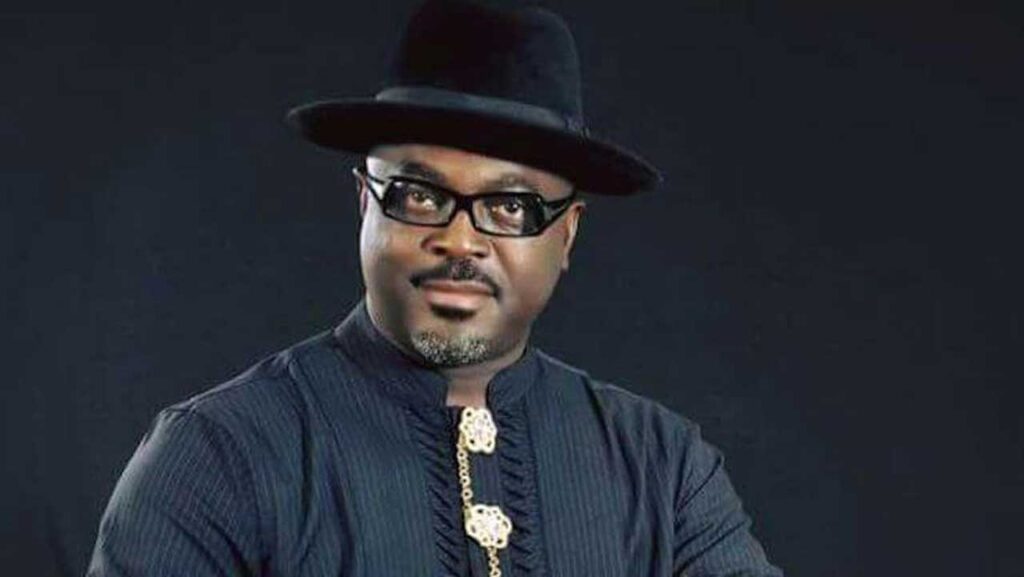
A security and risk management services consultant, fellow of the Nigerian Institute of Industrial Security (NIIS) and Managing Director, PR24 Risk Management Consulting, Onyekachi Adekoya, in this interview with SEYE OLUMIDE reviews the efforts of President Muhammadu Buhari in combating insecurity, and urges the President-elect, Bola Tinubu to undertake a comprehensive rejig of the nation’s security architecture by thinking outside the box – involving federal, state and local councils as well as the private sector – to address the root causes of insecurity instead of just symptoms. He also notes that without the right thinking and requisite personnel numbers, more funding or intelligence gathering alone will make no significant difference.
What is your assessment of the nation’s security situation at the moment?
That is a very tough question to answer because of the multiple angles to the problem. In general assessment, we will say that Nigeria is regarded to be a medium to extreme risk environment depending on where you are and where you are travelling to. That will be the immediate assessment of what the general trade environment in Nigeria is like; again depending on where you are.
In terms of how this outgoing administration has fared, it promised to deal with the issue of Boko Haram but it is not yet what is expected. It fairly dealt with that issue to some extent. At the height of Boko Haram insurgency against the Nigerian State, they held territory similar to the Satiru Insurgency we had in 1906 in Sokoto. They held territories in some parts of the country. We can boldly say they no longer hold significant spaces.
We used to have three divisions in the Northeast dealing with the issues of Boko Haram/ISWAP, and today, there has been a drawdown in the number of divisions that we have here in the Northeast dealing with some of these issues. So, life has returned back to the North East to a great extent; maybe we still have pockets of places and spaces where they still find some leeway to operate; the problem is not as it was if we’re looking at Boko Haram and ISWAP in the North East theatre alone but if you then look at the happenings in the North West – again, I’ve pointed out to the fact that some of the things you see in the North West have been there since the early 1990s or 1905 or 1906. So, the issues of banditry, Mahadist Type Islamic movements, Ansaru banditry, have been there for a very long time and we are in a world where information travels faster aided by social media. So, some of these issues are coming to the fore. If you go through the annals of history and some of the research work done, you will see issues about banditry that go way back 40 to 50 years. They’ve been there entrenched, much like the wars and counter-wars you find in Europe; there are a number of reasons for some of these social upheavals. So some work has been done but there a whole lot of issues to be addressed.
Would you suggest the need to increase the number of personnel in the Nigerian Armed forces to address insecurity as has been promised by the President-elect?
Regarding the military, I want to respectfully disagree with those who think it’s a numbers problem. No, it’s not a number problem. With the police, yes, we have a numbers problem. We should have by U.N standards, a minimum 500,000 policemen and maybe we can come to those arguments as to how we can increase that number and have the right balance. When you look at the numbers, you can’t turn the entirety of Nigeria into a military barracks, you can’t flood the country with soldiers. The question is, what is driving this insecurity? What is driving the unrest? What is leading people to take up arms against the state? Because if you have one million soldiers or members of armed forces and you have the entirety of the 36 states of the Federation experiencing one form of unrest or the other, your numbers argument will fall flat on its face. Remember that the Army can do only as much as it can do within the context of a state that is stable. If we talk about national security, we also make another mistake when we talk about National Security. The term ‘National Security’ would mean something different to the Ijaw nation because they are a nation, it will mean something different to the Yoruba nation agitators or to the Hausa nation or the Fulani nation. There are different nations, and ethnic nationalities within the grouping called Nigeria and so national security itself is not what it should be.
When we talk about human security, we begin to define some real life issues affecting quality of life and access to resources.
So, it’s not a numbers thing because you can’t keep throwing numbers at the problem. It’s a deep-seated problem, and I hope this incoming administration will dial back the rhetoric of always using force or considering force as a first option. We must begin to look at other soft power projection options that we have; and begin to look at this societal fabric itself, what are the drivers of unrest?
We may need to go back to the definition of what security is. At a very base level, it means the absence of threat, peace, and a lack of conflict. So, what are the things that will lead to the breakdown of peace? Conflicts, issues of social order, social justice, access to resources at the very base level, etc are the issues that we need to begin to tackle. If we keep saying we throw more personnel and equipment at it, we may not be looking at long-term sustainability in our approach to national security
Yes, we have a constraint of personnel; yes, the military and the police are doing the best that they can do given the current resource constraint but there is a deeper Nigerian problem that has to be addressed and it will not be resolved by mere means of arms or personnel.
Are you saying funding may not be the problem?
Funding should not be our problem and I will just give you a good case in point.
When people talk about funding and they say that Nigeria is running into a debt of about 77 trillion naira as we speak, the total value of our proven gas reserve as a nation – and this can be checked also – is valued at over 803 trillion dollars, and this is just only natural gas.
Let me repeat, Nigeria has over 803 trillion dollars worth of proven gas reserves. Nigeria should not be a country that has a funding problem; we shouldn’t have the funding problem but because of the structural issues we have and because of the way we play our politics and because of the influence of centrifugal forces in our national politics (that arm themselves up against the state in a self-serving stance), we are not able to focus on the enormous potentials that we have as a country. There is a lot of sit down that must happen. Let me just stop being theoretical. There’s conflict everywhere. There’s a conflict between the local government and the state governments; between the state government and the Federal Government; among the traditional rulers, local government, and the state governments; between the Judiciary and the executive; among the legislative arm and the Judiciary sometimes and even the executive mostly. There’s conflict everywhere. We just have a contraption of ethnic nationalities created by Colonial Fiat. What we failed to realise is that the military rule suppressed some of the agitations over the years; so at the turn of the Fourth Republic, with the experience of democracy, what people could not vent, they could eventually begin to vent and find a way to express some of those issues. And the conflicts that we see within society begin to air themselves to the fore.
Nigeria is faced with what we classically call a wicked problem, which manifests in the fact that you don’t have one simple approach to solving it. It cannot just be a funding problem, it cannot just be said to be a personnel problem, it cannot just be said to be an equipment problem. While you have some of those factors acting as contributors to the crisis we see but there is a deep-seated problem. Yes, there is a funding problem but no, there should not be a funding problem.
Would you agree that the National Strategic Security Review, which was carried out in 2019 is due for a review. What is your take?
I think the conversations around private security would come, but before we get to that point, even the military finds itself out of place. You train a military to shoot to kill, not to be involved with internal security issues. So our military today has been grossly over-domesticated, so they crowd out the space for the police and the police in turn because the military seems to be, even by an unstated policy, the preferred agency for internal security, the police, in turn, have come to crowd out the space of the private players.
You have the NSCDC that should regulate the private players themselves; sometimes we see cases of the police arresting NSCDC and some skirmishes like that. They also begin to crowd the space of the private players and while all these ‘forgive my french’ shenanigans are going on, you have foreign operators who have no license, who have no business, in any case, operating security in Nigeria sneaking and operating very quietly, and we have lost a lot of revenue within the space.
Nigeria’s internal security objective is seriously constrained and we have a big problem. What I hope to see is the state governors come down to a round table. A sincere roundtable and I hope that the president-elect can facilitate that session on security. Bring in independent thinkers, call a KPMG or any consulting major for example, to facilitate that session of frank talk on security, what must be done. You see the governors are on the ground; they know the problems in the states and have a discussion. Let that discussion be facilitated by an independent person not somebody with a background to the military because sometimes you first fall back to your constituency as we like to call it in Nigeria.
Let’s have frank discussions and you will see that security matters are just common sense issues, simple common sense issues.
We talked about the human security value that we espoused pretty much as a country. You cannot do human security without a stable economy, functioning infrastructure, and education being the bedrock upon which you drive economic development, not even economic growth; because both economic development and economic growth are two different aspects, but they are about the same thing. Economic development deals with the quality of growth, and you cannot drive quality growth without education.
So, what is the place of intelligence gathering and evaluation in the fight against insecurity?
It depends on what intelligence you are looking at because when you look at matters of how you project national interests, whether in the defence intelligence, military or economic domain, intelligence is also information and within the information domain, there’s also propaganda. It can be positive or negative and then we then begin to talk about influence operations. So, when you say intelligence in layman’s terminology, is it just that you are talking about actionable intelligence? A matter is about to occur or looks likely to occur, an analysts have assessed and provided the agencies to act with actionable intelligence, you then come to the issue of what do you do with intelligence. You then look at the deep-seated problems we have in Nigeria. Maybe, a Yoruba man is seated and has intelligence that if the state acts, it may be to the detriment, for example, of certain sentiments he holds dear. The question is, will he act in the interest of the Nigerian State as against the Yoruba nation or you can flip that to say the Eastern person or a Fulani person or Ebira person or whichever? So, it’s how we define how to act.
The man at the shop floor sends up the intelligence and he has to wait for somebody in Abuja to give the go-ahead. So, do we have an intelligence problem? No, we do not have an intelligence problem, we don’t have. The DSS has its personnel in every local government in Nigeria; the National Orientation Agency also has its personnel in every local government in Nigeria. So, we don’t have an intelligence problem by any stretch of the imagination. We have the NIA, we have the DIA which is the Defence Intelligence Agency and we have the Department of State Services (DSS). These three agencies were brought by degree four, I mean 1985/1986 by then Military Head of State, Gen. Ibrahim Babangida (rtd), who morphed the National Security Organisation (NSO) into three distinct agencies and then formed the office of the ONSA, which is the office of the NSA.
The Coordinating Officer for intelligence for this country is known and that person is the President of the NSA. We don’t have an intelligence problem; I can tell you for free if you know where to look.
But when we talk about the structural problems, the will to act, the capacity to act, the capability to act, the framework within which that action must take place, what are the consequences for failure and security and how do we interpret the values of human life within that National Security strategy which we published in 2019 when we said the Nigerian state will now begin to focus on the ideals of human security? We have intelligence but we also lack intelligence and intelligence in this space, it has to be information. What information are we putting out there to the agencies? What information are we putting out there to the Nigerian public?
Nigeria has everything good going for it. Over 220 million people are projected to out-grow America with a young and vibrant population. Japan now has more death rate than growth rates, the France protest you see going on is that in France, I think for every 1.7 person working, they have one person in retirement. Before, it used to be for every five person working, they had one person in retirement so that’s why you see that they had to do their pension reform act.
Our growth rate is good, we’re experiencing a commodity super cycle and Nigeria is a powerhouse of commodities. So we don’t have any reason why we should not be unlocking our full potential and you cannot achieve economic prosperity without security.
We must look at what are the drivers of insecurity, have those frank conversations, look for the approach that is sensible that is local and then begin to drive it.
That is how you begin to fix some of these issues going forward and for me, I do hope, without sounding immodest, that also the politicians that we bring into power, we can begin to take them through the National Institute for Policy in Kuru, to take them on a mandatory training on issues of national interest, national defence and national security.
Again, I will say that national security defined this time as the security of the Nigerian state and its people because there are points where you have to take something on your chin just for national interest and there are times when you do not allow sabotage because of national interests. There are times when you look at the essentials of backward integration of the things we import the most and insist on some bilateral deals to protect your national interests because having your industries working will help your people gain meaningful employment which will take some people off the streets and with the economic prosperity people tend to live a more sensible life within a construct of society.
We can begin to view our social contracts with the people differently, and our contracts with our bilateral partners differently. When people who have the authority to act on our behalf have a better sense of place in our pursuit for a prosperous and more rewarding Nigeria for everybody.


